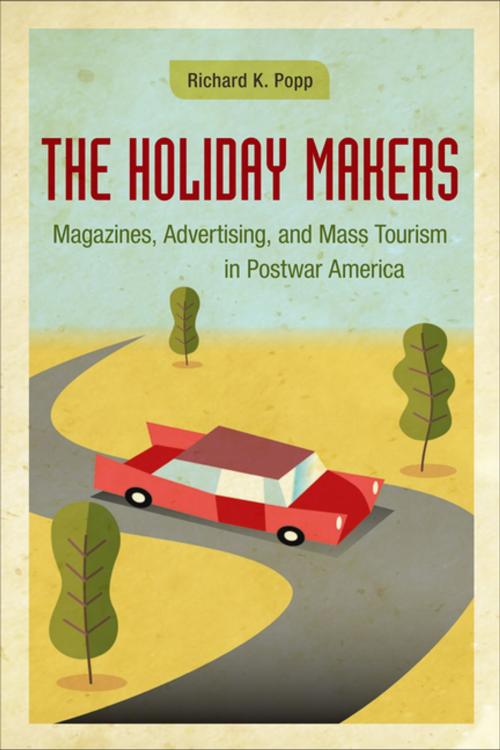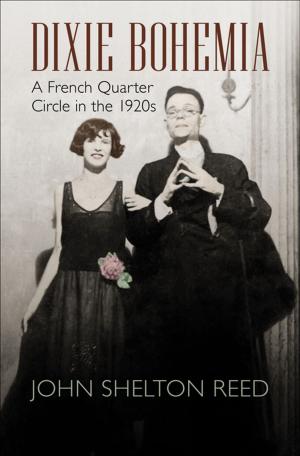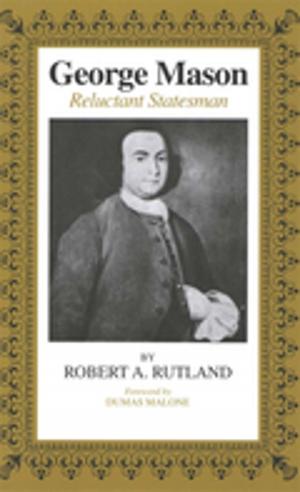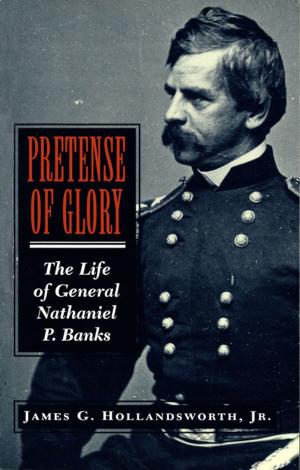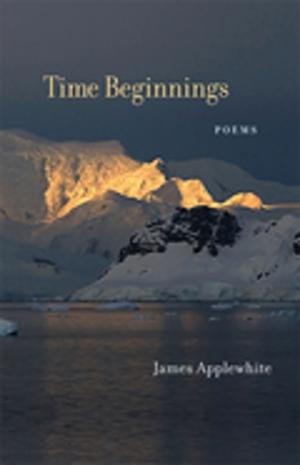The Holiday Makers
Magazines, Advertising, and Mass Tourism in Postwar America
Business & Finance, Industries & Professions, Hospitality, Tourism & Travel, Marketing & Sales, Advertising & Promotion, Nonfiction, History, Americas, United States, 20th Century| Author: | Richard K. Popp | ISBN: | 9780807142875 |
| Publisher: | LSU Press | Publication: | May 16, 2012 |
| Imprint: | LSU Press | Language: | English |
| Author: | Richard K. Popp |
| ISBN: | 9780807142875 |
| Publisher: | LSU Press |
| Publication: | May 16, 2012 |
| Imprint: | LSU Press |
| Language: | English |
In mid-twentieth-century America, mass tourism became emblematic of the expanding horizons associated with an affluent, industrial society. Nowhere was the image of leisurely travel more visible than in the parade of glossy articles and advertisements that beckoned readers from the pages of popular magazines. In Richard K. Popp's The Holiday Makers, the magazine industry serves as a window into postwar media and consumer society, showing how the dynamics of market research and commercial print culture helped shape ideas about place, mobility, and leisure.
Magazine publishers saw travel content as a way to connect audiences to a booming ad sector, while middlebrow editors believed sightseeing travel was a means of fostering a classless society at home and harmony abroad. Expanding transportation networks and free time lay at the heart of this idealized vision. Holiday magazine heralded nothing less than the dawn of a new era, calling it "the age of Mobile Man -- Man gifted, for the first time in history, with leisure and the means to enjoy distance on a global scale." For their part, advertisers understood that selling tourism meant turning "dreams into action," as ad executive David Ogilvy put it. Doing so involved everything from countering ugly stereotypes to tapping into desires for "authentic" places and self-actualization.
Though tourism was publicly touted in egalitarian terms, publishers and advertisers privately came to see it as an easy way to segment the elite free spenders from the penny-pinching masses. Just as importantly, marketers identified correlations between an interest in travel and other consumer behavior. Ultimately, Popp contends, the selling of tourism in postwar America played an early, integral role in the shift toward lifestyle marketing, an experiential service economy, and contributed to escalating levels of social inequality.
In mid-twentieth-century America, mass tourism became emblematic of the expanding horizons associated with an affluent, industrial society. Nowhere was the image of leisurely travel more visible than in the parade of glossy articles and advertisements that beckoned readers from the pages of popular magazines. In Richard K. Popp's The Holiday Makers, the magazine industry serves as a window into postwar media and consumer society, showing how the dynamics of market research and commercial print culture helped shape ideas about place, mobility, and leisure.
Magazine publishers saw travel content as a way to connect audiences to a booming ad sector, while middlebrow editors believed sightseeing travel was a means of fostering a classless society at home and harmony abroad. Expanding transportation networks and free time lay at the heart of this idealized vision. Holiday magazine heralded nothing less than the dawn of a new era, calling it "the age of Mobile Man -- Man gifted, for the first time in history, with leisure and the means to enjoy distance on a global scale." For their part, advertisers understood that selling tourism meant turning "dreams into action," as ad executive David Ogilvy put it. Doing so involved everything from countering ugly stereotypes to tapping into desires for "authentic" places and self-actualization.
Though tourism was publicly touted in egalitarian terms, publishers and advertisers privately came to see it as an easy way to segment the elite free spenders from the penny-pinching masses. Just as importantly, marketers identified correlations between an interest in travel and other consumer behavior. Ultimately, Popp contends, the selling of tourism in postwar America played an early, integral role in the shift toward lifestyle marketing, an experiential service economy, and contributed to escalating levels of social inequality.
